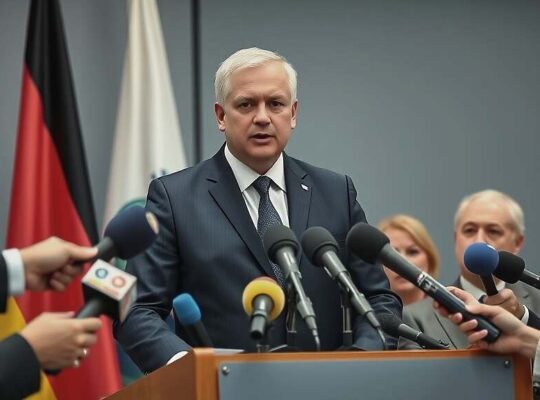A recent report by Germany’s Federal Audit Court has raised concerns regarding the effectiveness of past governmental efforts to modernize public administration and enhance citizen services through digitalization. The report, presented to the parliamentary budget committee, highlights a persistent “digitalization gap” despite numerous initiatives undertaken since the “Bund Online 2005” project.
According to the audit, at least three distinct digital strategies have been implemented, yet progress remains hampered by fundamental shortcomings. Auditors attribute the issues to a lack of thorough initial assessments of existing processes and a trend towards goals that were either overly ambiguous or insufficiently ambitious to address future needs.
The report also criticizes the failure to develop sufficiently adaptable and centralized IT solutions, leading to a proliferation of independently developed systems across different government agencies. This decentralized approach has resulted in unnecessary expenditure and operational inefficiencies.
The Federal Audit Court has issued strong recommendations to Digital Minister Karsten Wildberger, urging his ministry to address these deficiencies comprehensively. The call includes a request to formulate quantifiable and ambitious digital policy objectives and to better leverage potential synergies within the administrative landscape.
In a statement responding to the audit’s findings, Minister Wildberger’s office indicated plans for a standardized, modular IT infrastructure to be offered as a foundational platform. The ministry also stated that a new approval process for IT spending will help curb the parallel development of systems and contribute to more efficient resource allocation.












